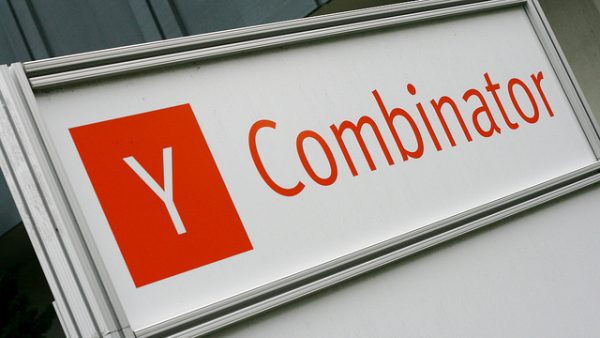Y Combinator Is Expanding Its Basic Income Project

Photo credit: Paul Miller, CC BY 2.0.
Last year, I wrote about startup incubator Y Combinator launching a plan to distribute basic income to people in Oakland, California. They were going to give people no-strings-attached cash and then see if they started volunteering, becoming creators instead of employees, etc.
My biggest concern? They weren’t going to give people enough money.
I don’t know how much income Y Combinator is planning to distribute, but it may be an income that still requires people to keep that job they hate, live in a dumpy apartment, etc. It takes a lot of income to get to the point where you can choose to volunteer instead of work, and I’m curious to see if they’re handing out income at that level.
Also, I had an issue with the whole “creators are the BEST” thing:
Another Y Combinator post about the Basic Income Project says that one of the project’s goals is to test whether people “sit around and play video games” or “create new things.” First of all, many of today’s video games are inherently creative, in that the player is required to create new things as a condition of gameplay. Second of all, I don’t like the idea that the winning condition for this project is “more creators.” Not everybody wants to make something new, y’all. Some of us want to help other people make things, and some of us seriously just want to go to our jobs and then come back and hang out with our friends and families and maybe play some of those incredible new video games.
We now know that Y Combinator has given 100 Oakland families about $1,500 per month, and… not much beyond that. As the San Francisco Examiner’s Seung Y. Lee wrote:
For months, I and many other Oaklanders I know have been asking basic key questions about the experiment with little to no answers: Who are the 100 families? How were they selected? How are they doing? How is the city of Oakland involved?
As a journalist, I repeatedly sought to get any and all information about the experiment to no avail. I reached out to Y Combinator for comments on the experiment but heard nothing back.
That was April. Now, Y Combinator has released a large document detailing the purpose of the Oakland study as well as their plan to expand the Basic Income project:
We will conduct extensive quantitative measurement of outcomes related to individuals’ economic, social, and physiological self-sufficiency and well-being, as well as gather data on how individuals use their time and money and how their receipt of a basic income impacts their children and those in their networks. To ensure our measurement strategies are accurate and reflect the latest research, we are partnering with state and local government agencies to measure outcomes with administrative data and working with leading experts in economics, public health, political science, and other fields.
From this document, we learn that the Oakland study was primarily a test run—not to see what people in Oakland did with their basic income, but to see if the Y Combinator team could successfully distribute the income, keep in touch with the participants, and ask the right questions.
We do not expect to generate meaningful insight into our research questions with the pilot, as the sample will be far too small and the time horizon too short to simulate the expectation of long-term economic security. Instead, we are using the pilot to test payment mechanisms and other logistics; refine intermediate and final outcome measures; test data collection instruments and methodology; develop strategies for limiting attrition in the control group; and determine whether the experimental protocol is likely to generate insight into the research questions.
The expanded study will involve 3,000 individuals across two states who have been selected (out of a random sample) to represent a variety of demographics (race, gender, debt level, whether they have children, etc.). All of these individuals, employed or unemployed, will currently be earning below the median income for their county. 1,000 of them will receive $1,000 per month; 2,000 will receive $50 per month and serve as the control group.
I’m interested to see what happens next, though I still worry that Y Combinator isn’t offering people enough money. $1,000 per month isn’t enough to live on, after all—though it might be enough to change people’s lives.
If you have time, read through the Y Combinator study plan and let us know what you think. Otherwise, I’ll ask the same question I asked last year: what would you do with an extra $1,000 every month?
Support The Billfold
The Billfold continues to exist thanks to support from our readers. Help us continue to do our work by making a monthly pledge on Patreon or a one-time-only contribution through PayPal.
Comments